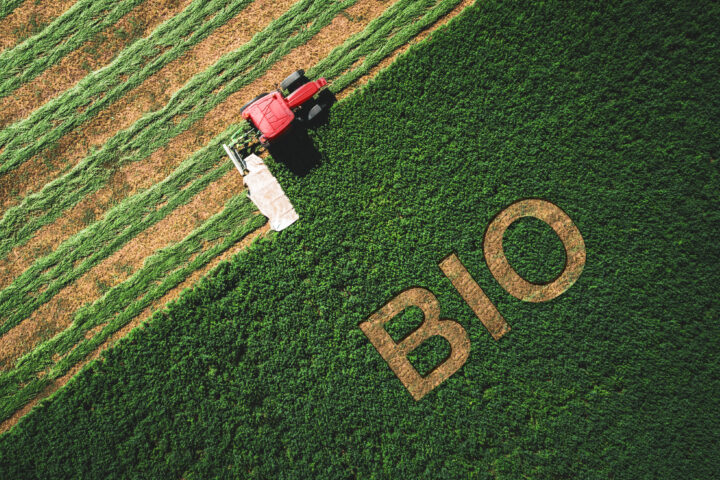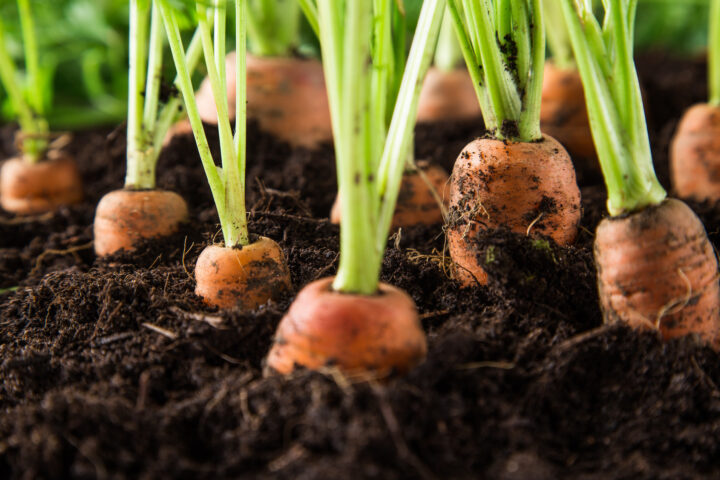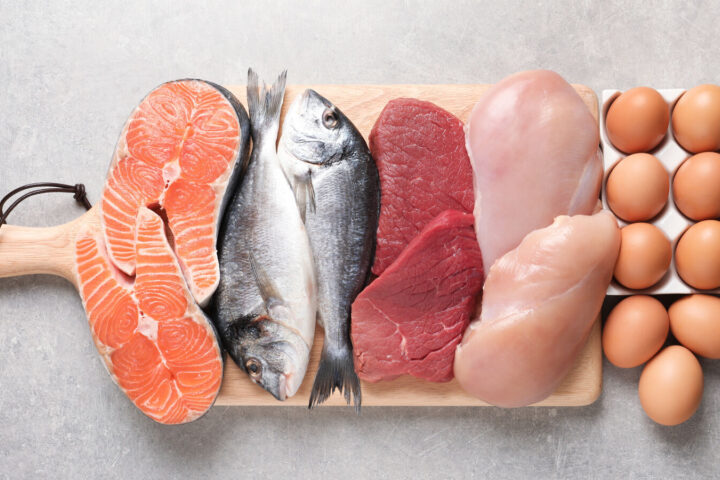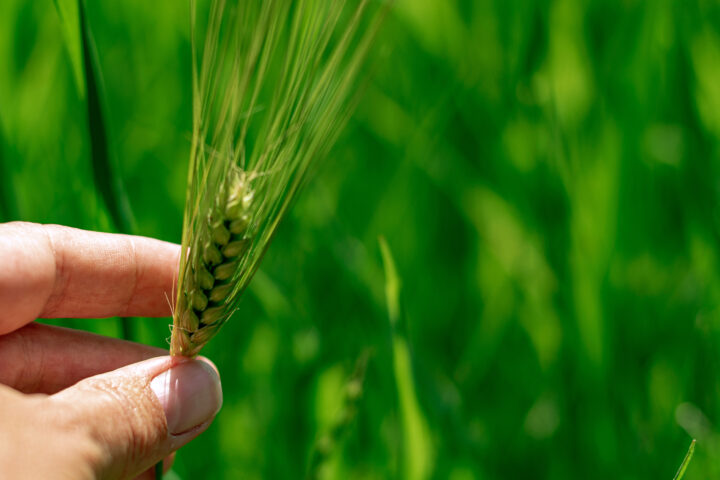
Olive oil is becoming a luxury product – and rapeseed is in a tight spot
Olive oil is now so expensive that supermarkets in southern Europe have to chain up their bottles. Poor harvests in Spain and Italy have caused prices to skyrocket. Rapeseed oil could be an alternative – but precisely its cultivation is coming under pressure.
Thursday, March 13, 2025
It's not just cocoa and coffee prices that are skyrocketing – olive oil has also become a luxury item. This is due to massive harvest failures in Europe's most important producing countries. In Spain, extreme drought and heat waves have led to drastic yield losses, while in Italy, heavy rainfall has affected the harvest. In addition, olive trees are being attacked by pests and fungal diseases. As a result, the price of 100 kilograms of extra virgin olive oil has skyrocketed from 211 francs in 2019 to as much as 750 francs in mid-2023, according to the International Olive Council – an increase of more than threefold. According to the NZZ, no other food has seen a comparable price trend.
In Italy and Spain, the situation is so dramatic that supermarkets chain their olive oil bottles together to protect them from theft, as reported by ‘SRF’.
Rape as an alternative – but cultivation is shrinking
Rapeseed oil could be a viable alternative to olive oil – but in Europe, of all places, rapeseed cultivation is declining. One of the main reasons for this is that the approval of modern pesticides is increasingly being blocked.
The fact that rapeseed cultivation is declining in this country is also felt by beekeepers, because rapeseed is an excellent bee plant. But oilseed rape is not only a source of food for bees – there are many other good reasons for growing oilseed rape. This member of the mustard family not only benefits soil life, it is also used to produce high-quality edible oils, technical oils, biodiesel and protein-rich animal feed.
Nothing works without plant protection products
Without modern crop protection products, it is impossible to protect crops whose cultivation is already in decline. In addition, without effective crop protection products, the willingness to cultivate crops naturally declines. In this context, the production of rapeseed as an alternative crop to palm oil, which is frowned upon for ideological reasons, would actually be important. However, without effective crop protection products, rapeseed cannot fulfil this role, let alone act as an alternative to scarce olive oil. Modern crop protection products are essential to protect crops and keep yields stable.
Unfortunately, beekeepers themselves have actively helped to ban the proven neonicotinoids from the European and Swiss markets. And this despite the fact that seed dressing has clear advantages over spraying and bees and pollinating insects are less exposed. The ban was imposed in response to a single incident in which dust from seed dressing blew away during the sowing process, killing neighbouring bee colonies. If insecticide-treated seed is consistently sown using vacuum seeders, dusting can be successfully prevented. Furthermore, the neonicotinoid ban was justified on the basis of pure laboratory studies.
This has been sharply criticised by renowned scientists. They claim that these studies did not provide a comprehensive overview of the situation and yet have led to economic losses of hundreds of millions of dollars for farmers. ‘The ban on neonicotinoids has had a significant economic cost for farmers in terms of lower yields and for consumers in terms of higher food prices, as there are few, if any, alternatives to chemical pest control,’ the scientists concluded, as originally published on ‘Saifood’.
Instead of general bans, targeted risk-reducing measures would be more sensible – this would allow farmers to continue to use essential crop protection products. Managing risks instead of standing still. Furthermore, decisions should be based on broader occurrences than on individual cases of poor agricultural practice. To do this, field studies are needed, not just pure laboratory experiments as a basis for decision-making
Kindly note:
We, a non-native editorial team value clear and faultless communication. At times we have to prioritize speed over perfection, utilizing tools, that are still learning.
We are deepL sorry for any observed stylistic or spelling errors.
Related articles

Price explosion for coffee, cocoa and olive oil
The prices for cocoa, coffee and olive oil have reached new record levels in recent months. Consumers will be particularly affected in 2025 – they will feel the price increase massively. Innovations such as new breeding technologies or modern crop protection products could help – but for that, politicians would have to create the right framework conditions.

Organic: Luxury at the expense of developing countries
ZDF takes a look at the organic farming industry in a documentary program. Are organic products actually more sustainable and better for the climate than comparable products from conventional agriculture? From the perspective of resource efficiency, the question must be answered in the negative.

Swiss carrots and onions are in short supply
Switzerland is in danger of running out of home-grown baby carrots and onions by the spring. This is due to the poor weather conditions last summer. It was not possible to begin sowing storage vegetables until far too late. Stocks are running low.

Why Strict GMO Regulation Stifles Innovation
New breeding techniques such as CRISPR-Cas are considered key to developing resilient crops, stable yields and reducing the need for plant protection products. ETH professor Bruno Studer warns that overregulating these technologies strengthens precisely those large agricultural corporations that critics seek to curb, while excluding smaller breeders and start-ups from the market.

A Superfood with Benefits and Challenges
Sweet lupin is Biovision’s “Superfood of the Year 2026.” It delivers high protein content, improves soils and supports biodiversity. Yet a closer look at agricultural practice shows that without breeding, crop protection and innovation, even this superfood remains a challenging crop.

Sales bans due to PFAS: Should we be worried?
After spectacular sales bans on fish and meat due to PFAS contamination, consumers are asking themselves: How dangerous are these substances really – and what can still be placed in the shopping basket without concern?

How German Experts View New Breeding Techniques
In hardly any other country is the idyllic image of organic farming cultivated in the public sphere as carefully as in Germany. Naturalness and rural authenticity are powerful mental refuges for many Germans. Against this backdrop, it is hardly surprising that resistance to new breeding techniques is strong – and that ignorance about the realities of organic farming sometimes appears almost deliberate.

